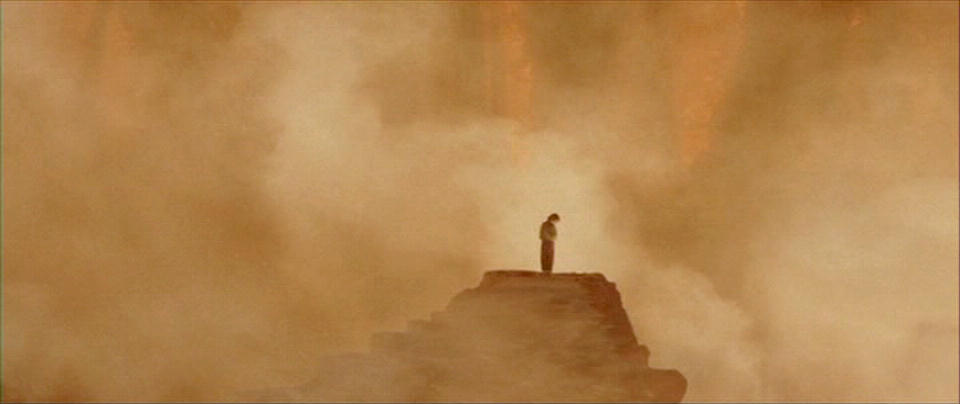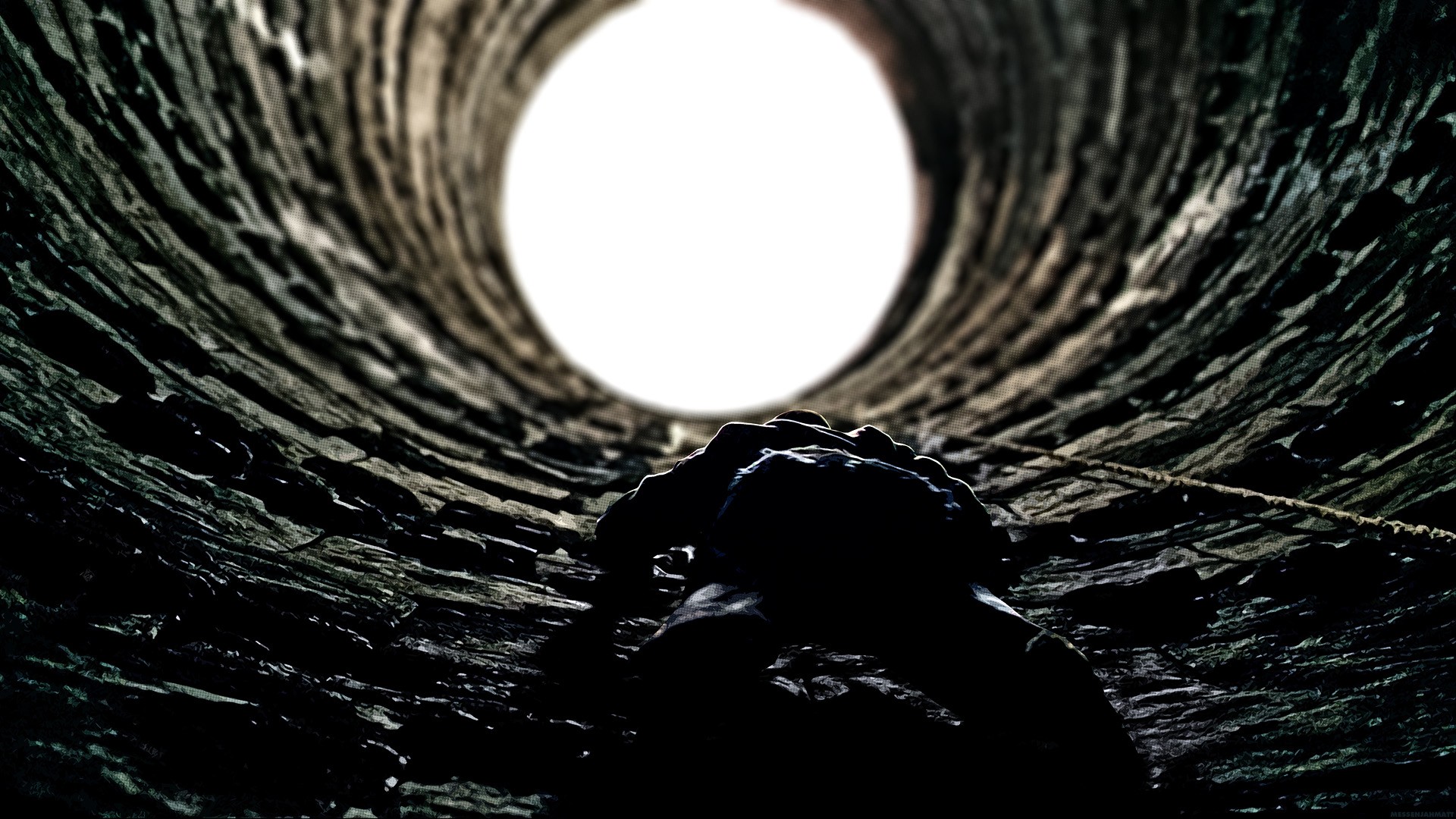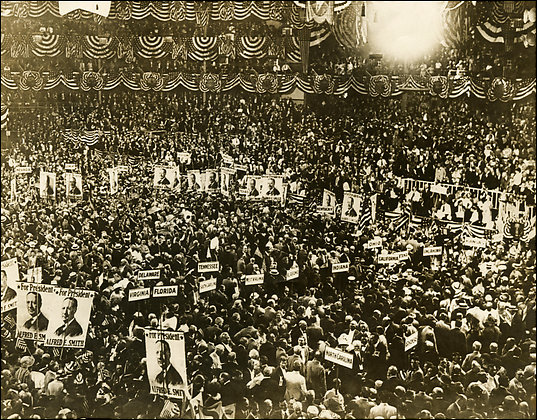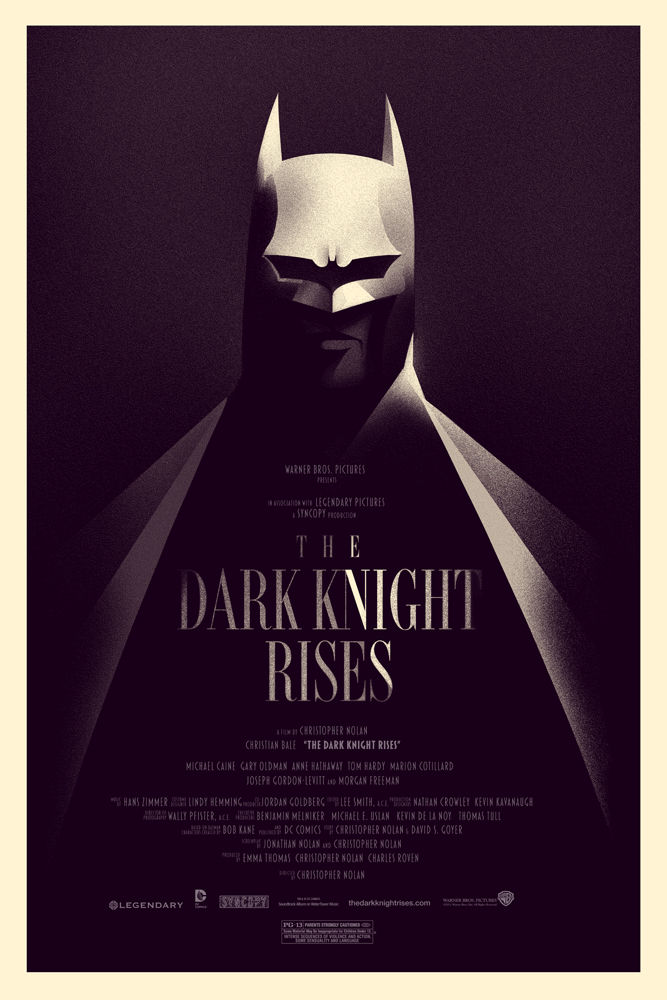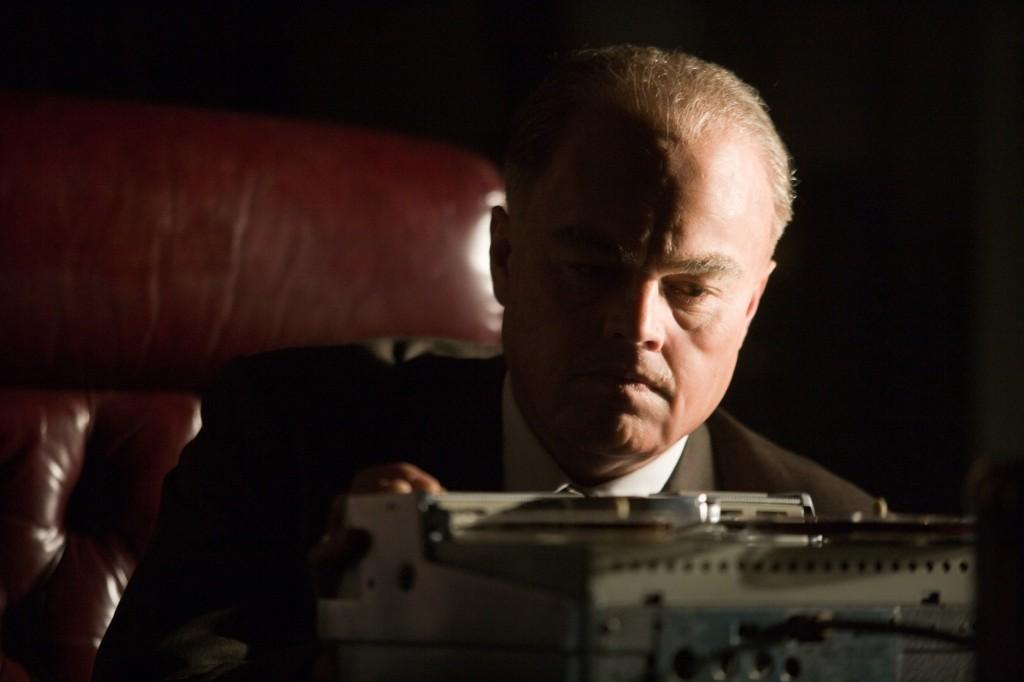“‘The whole era,’ concluded Bourne in disgust, ‘has been spiritually wasted.’” Let’s hope, down the road a-ways from 2012, the last few years won’t feel the same. Anyway, that line’s from the first paragraph of the now completed(!) dissertation, which I sent off to my advisor and the committee this afternoon. It’s been a very long road, and I’m sure the euphoria will take hold in a bit. As for now, I just feel as per the clip above — plus exhausted with a twinge of Comic Guy.
FWIW, the final draft, with footnotes and bibliography and all that, clocked in at 1269 pages. If anyone’s interested on what’s covered and the general layout, I posted the table of contents below. That is obviously far too long for public — or anyone’s — consumption. I mean, I wrote the damned thing and I only read, like, the conclusion and stuff…It’s about the 20’s, right?
Seriously though, I’m sure I could have condensed it more than I did. For example, here’s the part on p. 527 where I talk about how the Harding administration used the Herrin Massacre as a public relations coup against the labor movement in 1922:
“All work and no play makes Kevin a boring boy. All work and no play makes Kevin a boring boy. All work and no play makes Kevin a boring boy. All work and no play makes Kevin a boring boy. All work and no play makes Kevin a boring boy. All work and no play makes Kevin a boring boy. All work and no play makes Kevin a boring boy. All work and no play makes Kevin a boring boy. All work and no play makes Kevin a boring boy. All work and no play makes Kevin a boring boy. All work and no play makes Kevin a boring boy.“
That goes on for about 70 pages. And I think, if I’d just worked at it a little harder, I could’ve really gotten that down to 40. Ohhhhh well.
At any rate, I’m way too tired to be blogging at the moment, so I’ll leave it at that for now. Thanks to everyone for putting up with all the navel-gazing posts about this over the past few weeks, months, and years. FWIW, the general GitM readership got a shout-out on the acknowledgments page. With that in mind, work is crazy through election day, but this site should hopefully resume to normal status updates soon thereafter. First I need to sleep for awhile, clean up my paper-, book-, and dog-hair-strewn apartment, do some more sleeping, see all the movies I’ve missed — the only one I’ve seen in months was Looper (I liked it) — take my man Berk to the park, sleep some more, get a life, stuff like that.
Also, there is still the actual defense to consider, which will happen sometime in the next two months. But I am assuming that today was the day I destroyed the Ring, and that will be more of an “I’m a scarred, melancholy badass now, so let’s kick Saruman out of the Shire” Scouring-level event. Also, I’m not counting any chickens, trust me, but I did go ahead and put the batteries in my brand-new sonic screwdriver.

Uphill All The Way: The Fortunes of Progressivism 1919-1929
ACKNOWLEDGEMENTS v
DEDICATION ix
PREFACE x
INTRODUCTION 1
- The Bourne Legacy 1
- Progressives and Progressivism 7
- Cast of Characters 12
- Review of the Literature 15
- Chapter Outline 17
PART ONE: CRACK-UP: FROM VERSAILLES TO NORMALCY 30
CHAPTER ONE: THE “TRAGEDY OF THE PEACE MESSIAH” 31
- An American in Paris 32
- A Human Failure 40
- A Failure of Idealism? 47
- The Peace Progressives 52
- Collapse at Pueblo 58
- The Origins of the League 61
- The League after Armistice 67
- The Third Way: Progressive Nationalists 71
- The Treaty Arrives in the Senate 79
- The Articles of Contention 82
- Things Fall Apart 94
- Aftermath 107
- Terror Comes to R Street. 112
- The Storm before the Storm. 116
- Enemies in Office, Friends in Jail. 133
- Mobilizing the Nation 139
- The Wheels Come Off 146
- On a Pale Horse 150
- Battle in Seattle 157
- The Great Strike Wave 162
- Steel and Coal 170
- The Red Summer 184
- The Forces of Order 193
- Mr. Palmer’s War 205
- The Fever Breaks 220
- The Best Laid Plans 229
- A Rematch Not to Be 241
- The Man on Horseback 245
- The Men in the Middle 250
- I’m for Hiram 254
- Visions of a Third Term 257
- Ambition in the Cabinet 260
- The Democrats’ Lowden 263
- The Great Engineer 265
- The Smoke-Filled Room 275
- San Francisco 285
- A Third Party? 296
- Mr. Ickes’ Vote 318
- Countdown to a Landslide 331
- The Triumph of Reaction 347
CHAPTER FIVE: THE POLITICS OF NORMALCY 357
- The Harding White House 357
- Organizing in Opposition 373
- Lobbies Pestiferous and Progressive 393
- The Taint of Newberryism 400
- The Harding Scandals 409
- Tempest from a Teapot 417
- The Education of Jane Addams 440
- Prisoners of Conscience 444
- The Laws and the Court 458
- The Shoemaker and the Fish-Peddler 474
- The Shame of America 491
- The Right to Organize 518
- Professional Patriots 547
- The Sins of the Colonel 565
- Guarding the Back Door 575
- Disarming the World 589
- The Outlawry of War 606
- The Temptations of Empire 620
- Immigrant Indigestion 650
- Indian Summer 671
- Now is the Time… 679
- Hiram and Goliath 692
- Coronation in Cleveland 712
- Schism in the Democracy 723
- Escape from New York 736
- Fighting Bob 755
- Coolidge or Chaos 767
- The Contested Inheritance 777
- Reds, Pinks, Blues, and Yellows 789
- The Second Landslide 806
CHAPTER NINE: THE BUSINESS OF AMERICA 824
- Two Brooms, Two Presidents 824
- A Puritan in Babylon 833
- Hoover and Mellon 842
- Business Triumphant 865
- A Distracted Nation 884
- The Descent of Man 902
- The Problem of Public Opinion 908
- Triumph of the Cynics 925
- Scopes and the Schism 946
- Not with a Bang, But a Whimper 963
- New World and a New Woman 975
- The Empire and the Experiment 1017
- A Taste of Things to Come 1049
- The General Welfare 1056
- The Sidewalks of Albany 1073
- For the Child, Against the Court 1082
- The Rivers Give, The Rivers Take 1094
- The Republican Succession 1115
- The Available Man 1135
- Hoover v. Smith 1153
- The Third Landslide 1187
- The Strange Case of Reynolds Rogers 1197
- The Progressive Revival 1202
- Confessions of the Reformers 1206


